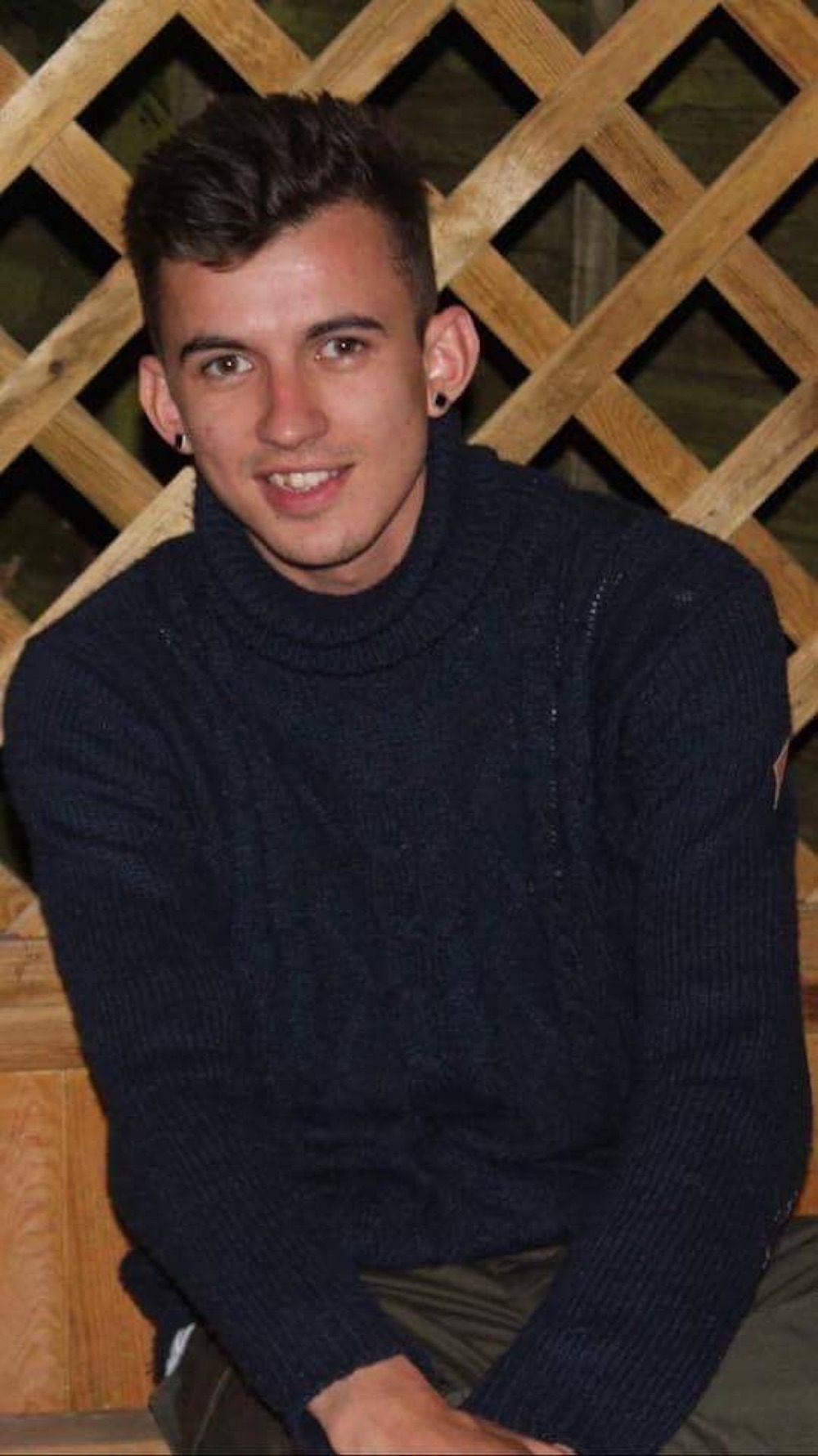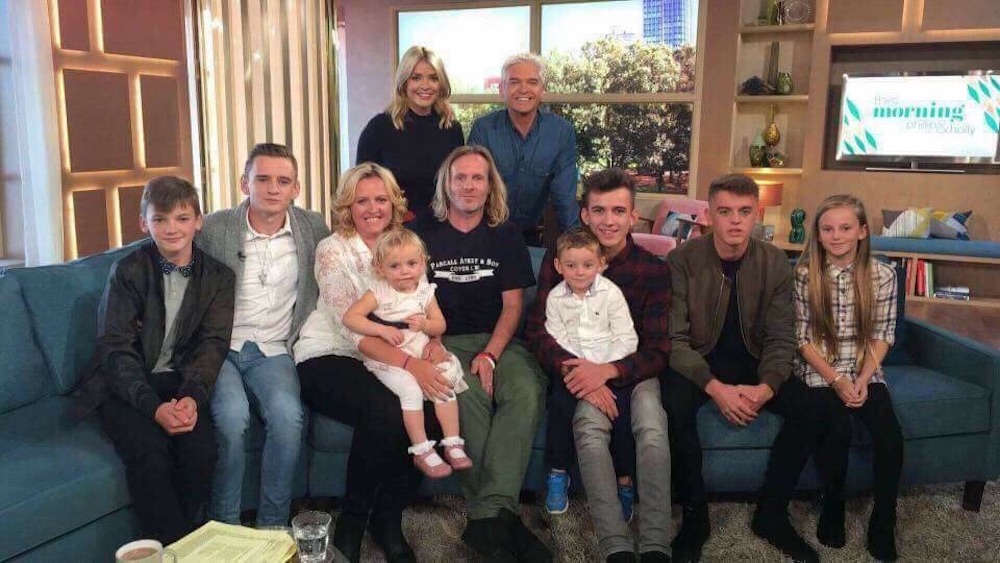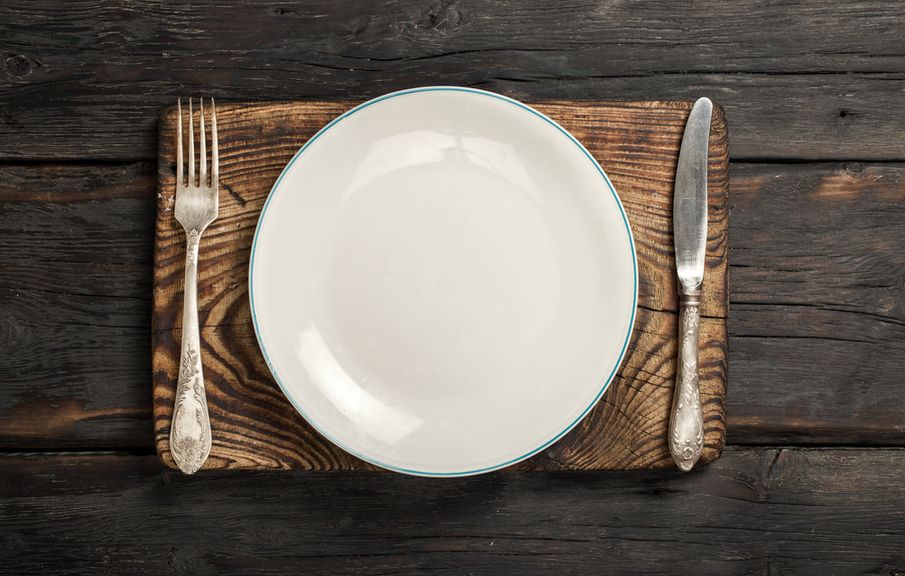Jamie, 24, didn’t recognise he had an eating disorder until he was diagnosed as being on the autism spectrum. With support from his doctors and his family, he learned to reintroduce eating into his daily life

Jamie
When I was at school, I was bullied because of how small and undeveloped I was – this was before I even knew I had autism or an eating disorder. When my nan passed away seven years ago, it all started coming to my attention. I’d never been a big fan of eating before she passed, and the little amounts I was eating felt normal to me. After she died, I just had this sudden need to eat less and less.
It’s only recently that I’ve been diagnosed with autism, and the nurses explained that part of my autism was having this dissociation with food. I’m glad I know now, but back then I didn’t have a clue, which made it harder for me to manage.
Eating feels like a chore to me. I started off with no desire at all to eat – I couldn’t touch food, I didn’t like the smell of it, I had a complete dissociation. My stomach would growl and I would feel so hungry, but the battle I had was my body craving food and my brain just not being interested. It didn’t matter how loud the growl was, or how bad the pain in my stomach was, I just couldn’t eat.
Eventually, I became numb to the pain.
Being autistic hasn’t helped me at all. I couldn’t tell you how much weight I’ve lost because I was so underdeveloped due to my autism. That, added to the fact I wasn’t eating, meant I just couldn’t put on any weight at all.
The less I ate, the worse it got. My body started to get used to working without food, or at least minimal amounts of it. I hate the fact I can’t eat. I wish I could go into a restaurant and choose any meal on the menu, and be able to just eat it. I could think, “Oh, that looks nice,” but my brain wouldn’t want it. I know I have to eat, but it’s easier said than done. It’s almost like I had to get used to food being in my life. Food is giving me energy and keeping me alive, but when I eat the most is when I’m ill. I would be able to pick at food, cereal bars, biscuits, and perhaps bits of fruit.
However, when I’m really ill and can’t keep food in my stomach, afterwards I could eat five days’ worth of food quite quickly and then the appeal would wear off again.

Jamie
One of the things I had to do was find a meal I like; it was just a compulsion, I just had to keep the meal the same. One meal I always go for is a beef burger, but I’ve always been self-conscious about eating in restaurants. I get anxious that people are watching me eat and are judging me. I almost feel like I need to hide, with my back turned to everyone, so I can relax and eat my food without worrying.
I keep battling every day to eat something new. I know I have to stretch my stomach; at this point my stomach is so small that when I do eat three days’ worth of food, it becomes really uncomfortable. My mum buys new things, like chicken and chorizo, and I have to just eat a handful to introduce my body to food again. I’ve realised that having small portions is less painful and not as overwhelming.
At one point, I was being fed through a tube in a hospital, so being able to eat a small portion is such a big thing to me. I know the amount I eat at the moment is probably something that won’t massively change, and I may never be able to eat three full meals a day, but I now know how I can cope with food. It’s become easier and it’s better now than it has ever been.
I am so much more aware of my condition now and I know it’s my brain telling me that I can’t eat, but that my body still needs it. As an adult, I push myself more. I know that if I don’t eat I’ll make myself sick. So, I tell myself: “I need to eat this to survive. This is what will give me energy.”
No one wants an eating disorder. It’s never made me feel good, but it’s about accepting it and finding a way to push yourself through it. It’s about inner strength and feeling like you can do it.

Jamie and his family on *This Morning*
You must believe in yourself. Don’t fear that you’re going to throw up – nine times out of 10, the food will stay in your stomach. The more you eat, the easier it becomes. The accomplishment of finishing a meal feels so great; my mood picks up, my energy gets higher and I don’t feel fatigued.
Taking baby steps was the best way for me to get back to eating a full meal. I feel so much better now that I’m able to manage my condition, but every day is still a battle because of the passing comments on my weight I receive, but I remind myself it’s because of ignorance. Each day is getting easier and I have a positive mindset for the future.
Jamie is a brave young man facing his fears. His autism means that he experiences the world differently – and that includes food. He made the life-changing decision to seek support, and now he is happier than ever, giving him the strength to overcome the challenges ahead!


Comments